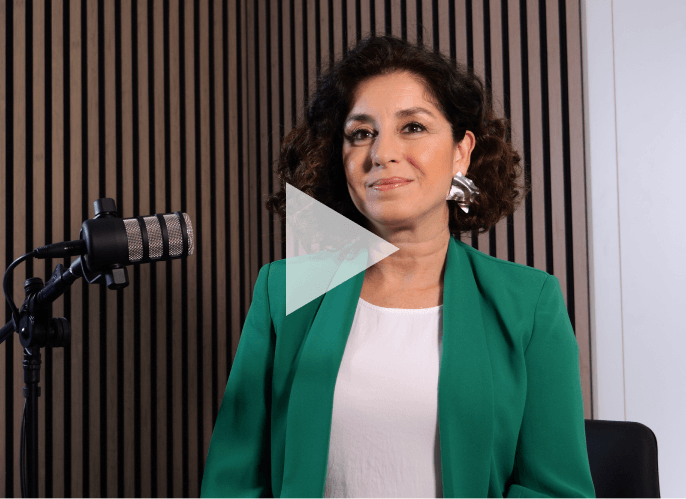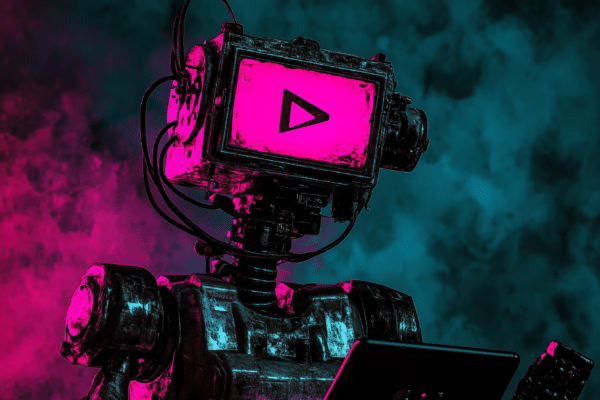In a recent roundtable held on July 17, 2024, Intel, along with the International Olympic Committee (IOC), Seekr, and Red Hat, addressed the benefits of an open artificial intelligence ecosystem. The discussion, moderated by Justin Hotard, Executive Vice President of Intel, brought together Kaveh Mehrabi from the IOC, Steven Huels from Red Hat, Rob Clark from Seekr, and Bill Pearson from Intel to discuss the partnership between the sports organization and the tech company. This collaboration focuses on how AI technologies, such as Intel Xeon and Intel Gaudi processors, enable developers and companies to face the new challenges that this technology entails.
One of the projects highlighted during the event was the AthleteGPT chatbot, designed to assist athletes at the Paris 2024 Olympic Games. Integrated into the Athlete365 platform, this chatbot uses RAG (Retrieval-Augmented Generation) technology to provide real-time information and support to approximately 11,000 athletes, facilitating their experience in the Olympic Village.
This chatbot is trained to serve athletes in a wide variety of languages. Additionally, this helpful assistant provides directions around the Olympic complex and informs about local regulations to avoid any type of conflict in a place where so many cultures converge. AthleteGPT is a manifestation of Intel's commitment to accessibility and safety in AI technology, allowing for a more inclusive and personalized approach to AI solution development.
What is RAG?
RAG, or Retrieval-Augmented Generation, is a technology that combines information retrieval techniques with advanced generative models. In the context of AI, RAG is used to extract and generate responses based on specific and relevant data, enhancing the accuracy and relevance of AI interactions. This technology is essential for handling large volumes of data and providing precise and contextualized responses in real-time.
Implementing RAG presents several challenges, such as the need to balance cost and scalability, as well as ensuring data security and privacy. However, its ability to securely and efficiently integrate proprietary data is key to improving the quality and usefulness of AI applications across various sectors. In the case of AthleteGPT, RAG technology allows athletes to receive accurate and relevant information, enhancing their experience and allowing them to focus on their performance.
Intel, working in collaboration with the industry, has developed a GenAI solution based on RAG using the Open Platform for Enterprise AI (OPEA). This platform provides a modular and standardized framework for developing and deploying AI applications, supporting a variety of tools and technologies such as PyTorch and Hugging Face. This approach enables companies to create customized AI solutions tailored to their specific needs, accelerating the development and deployment of these technologies in the business environment.







